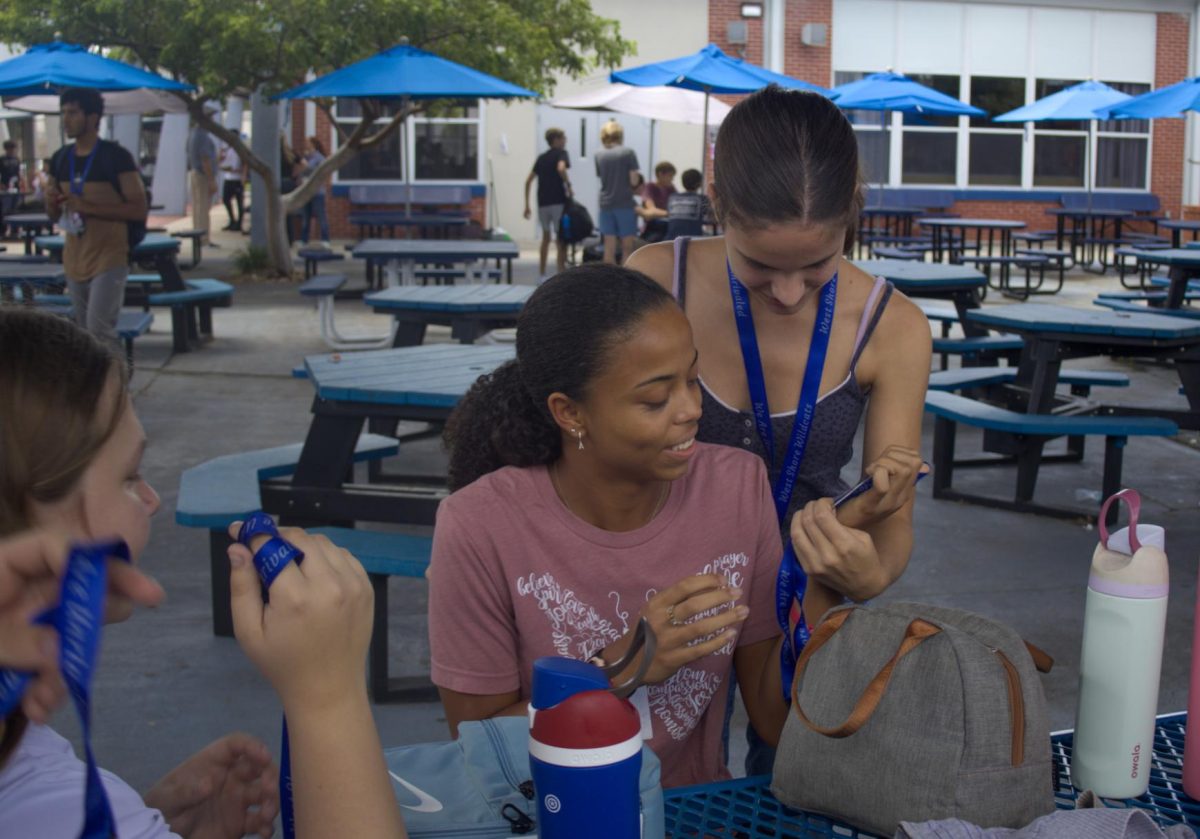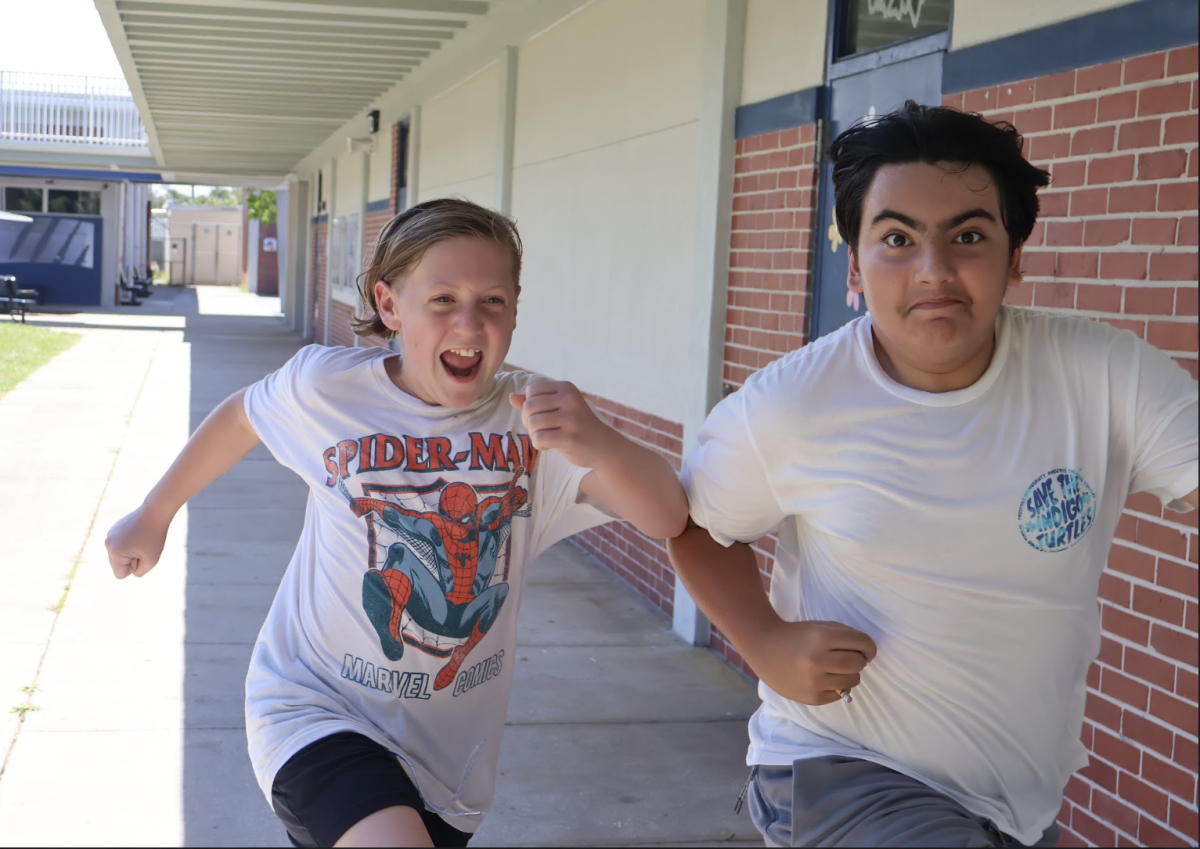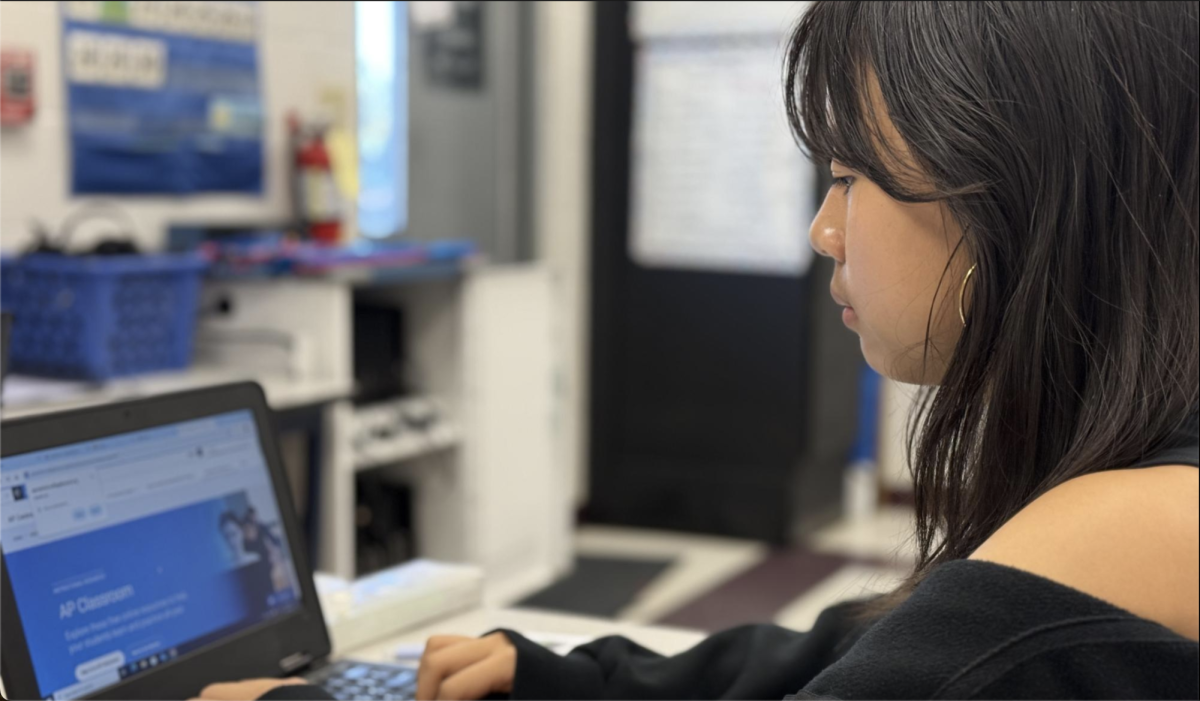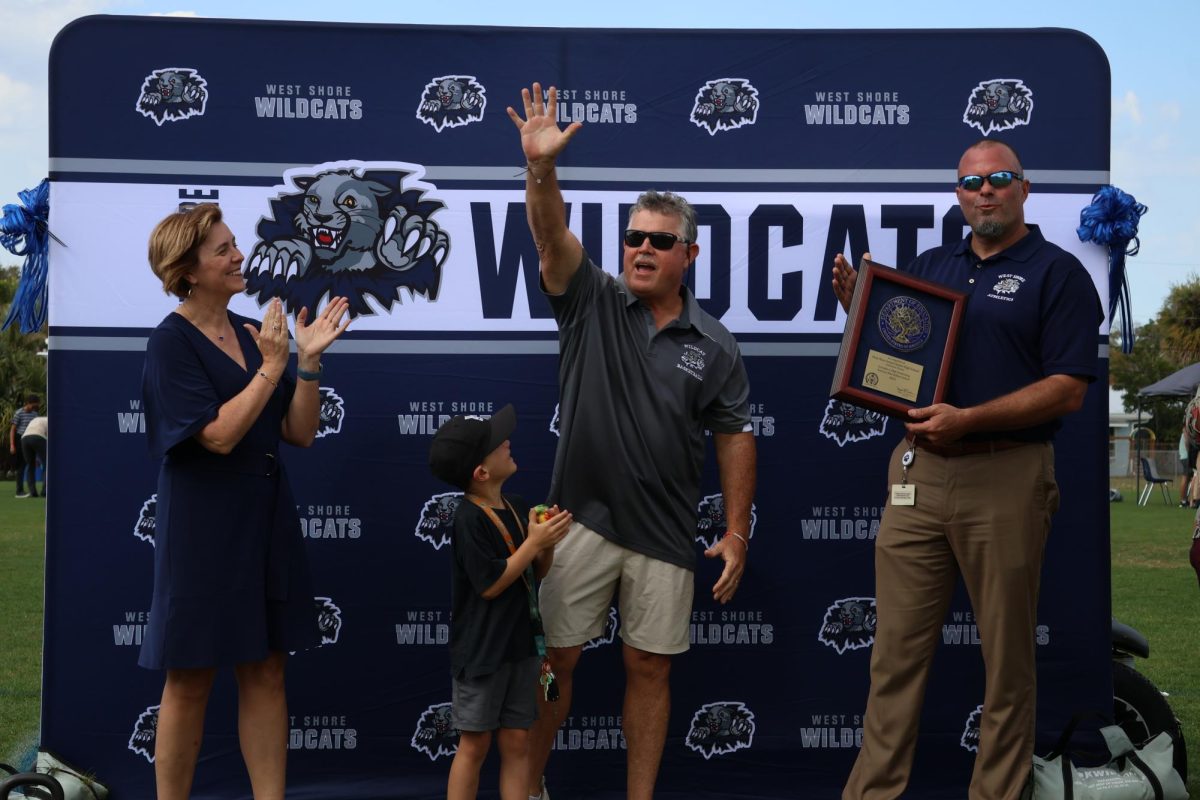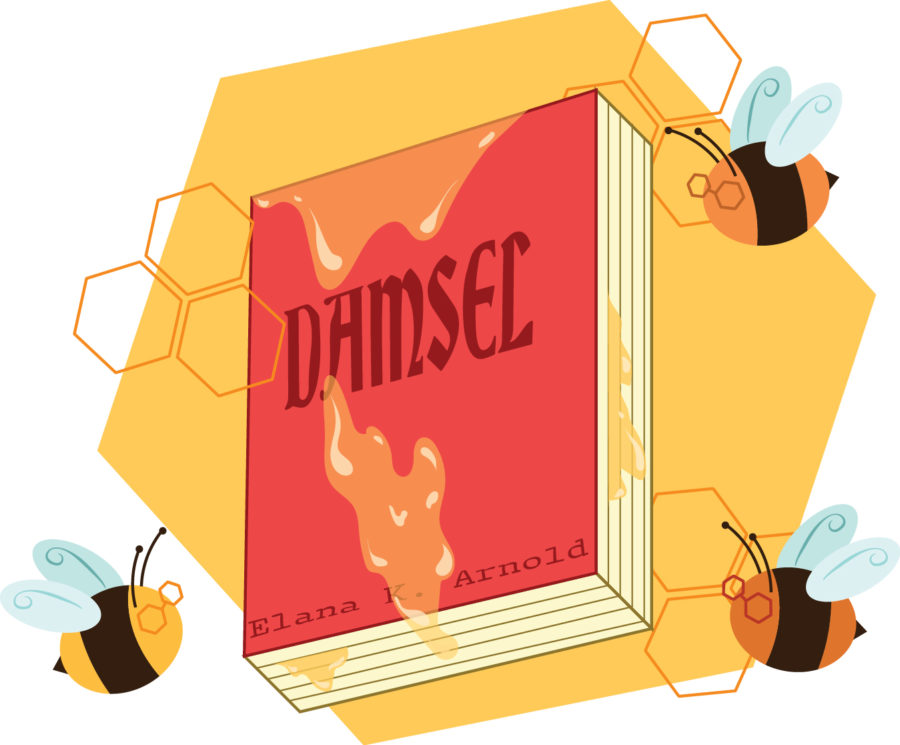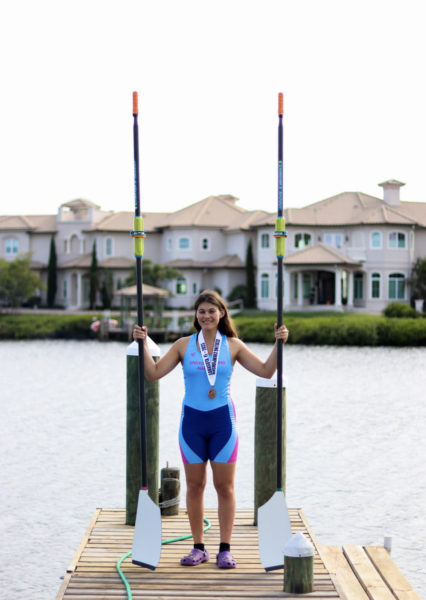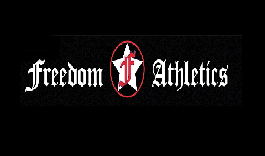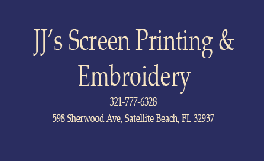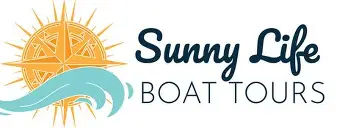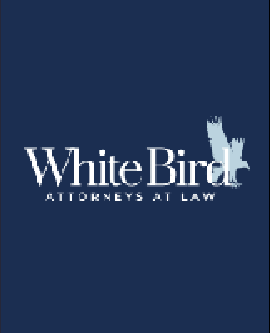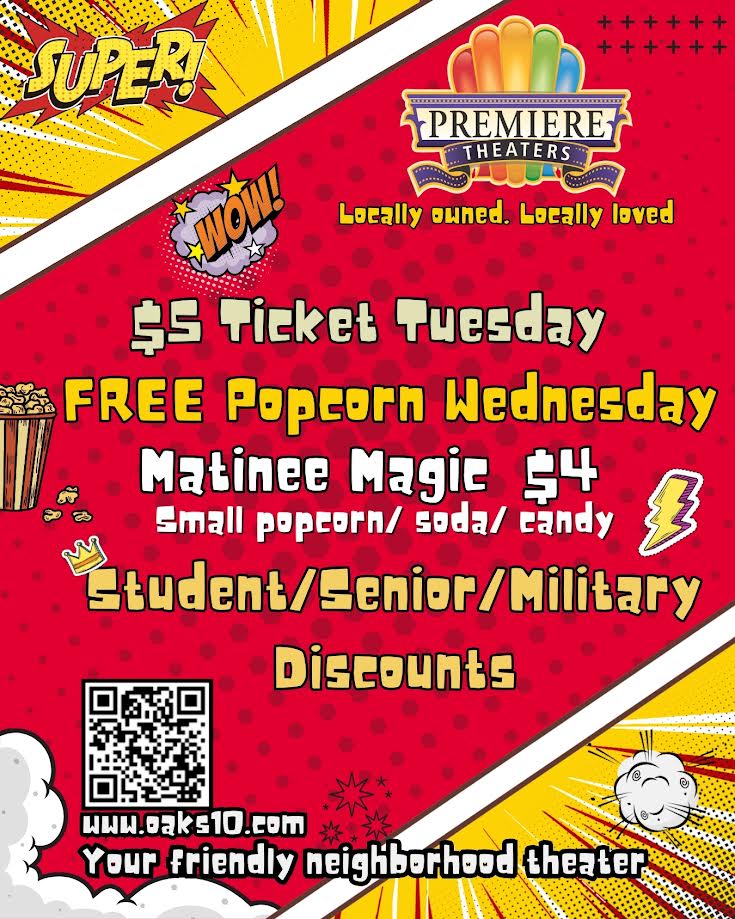State Requires New Training for Media Specialists
“If you want to make kids interested in something, start banning it. With kids, it’s like bees to honey.” – Mike Drake media specialist
March 28, 2023
Amid rising political tensions surrounding literary works in educational settings, media specialist Mike Drake pulled the young adult fantasy novel “Damsel” by Elana K. Arnold from the library shelves. “Damsel” is the only book he has removed.
“[The book] had some sexual overtones in it that were inappropriate, and when I read it, I totally agreed that it didn’t belong there,” Drake said. “There are things that students should not be exposed to. Pornography does not belong in the media center—that’s just common sense. We don’t need a law to tell us that. It’s just that sometimes, common sense is not common enough, and that’s the problem.”
The Florida State Board of Education unanimously approved a rule during a meeting on Jan.18 that requires school library employees to complete an hour-long annual online training session. The narrated PowerPoint presentation instructs educators to offer books that comply with state standards, are “free of pornography,” “suited to student needs and their ability to comprehend the material presented” and “appropriate for the grade level and age group for which the materials are used.” Once an employee has completed the training, they are sent a certificate to pass on to the district.
“I don’t have a huge problem with [the training] because it’s part of the job,” Drake said. “To spend an hour training, that’s not overbearing.”
The training advises districts to “err on the side of caution with regards to material that is potentially harmful to minors,” as a violation of the “harmful to minors” statute is a felony of the third degree. The guidelines prohibit books containing “unsolicited theories that may lead to student indoctrination” and materials that, taken as a whole, are “without serious literary, artistic, political, or scientific value for minors.”
According to Drake, restricting books will not deter students from reading them.
“If you want to make kids interested in something, start banning it,” Drake said. “With kids, it’s like bees to honey. They’re going to [wonder], ‘Why are they banning this? What’s so bad about it?’ When you try to ban a book or limit the access to a book, you’re going to increase the interest in that book.”
Drake said students can find other avenues to access materials.
“I see [students] and I know their parent doesn’t want them to have access to certain materials, and then I see the student staring at their cell phone all day,” Drake said. “I know what’s available on the internet, and it’s very hard to regulate that kind of stuff. I think these are conversations and issues that really need to be dealt with at home.”
The training states, “The responsibility of the content of instructional materials lies with those that choose the materials … the individuals that chose the materials must be prepared to defend the educational value of the materials if needs arise.”
According to Tamara Reis, English 2 Honors and AP English Language and Composition teacher, the guidelines signify a lack of confidence in teachers.
“I genuinely feel that there has to be a trust issue,” Reis said. “[The district, the state] and parents just have to trust teachers who are teaching the standards—that’s what they use literature for. Teachers are professional, and we really work hard to do our best for the students. We’re not going to do anything that is gonna in any way harm a child, but we would like them to be open to new ideas and literature … because the whole point in reading is that you can get information and see how other people deal with problems.”
According to junior Kian Nezamoddini-Kachouie, restrictions on books in schools place an additional strain on media center employees and teachers.
“[The guidelines] will make [library employees] more stressed out because they have a whole new thing to worry about—it’s now on them to decide what’s okay for the kids to read and what’s not,” Nezamoddini-Kachouie said. “They could be worried about losing their job if they don’t know what the district considers appropriate. Employees are going to probably take the vagueness [of the guidelines] and run with it too far to a point that’s probably going to be detrimental.”
Junior Jacob Woods said literature can affect the ideology of students.
“If [media center employees] are gonna add more books that would be progressive or more political than others, kids will probably base their [ideas] towards everything else in life off of what they have learned from that [book], which will cause more problems and create more separation,” Woods said.
Language Arts 2 Advanced and English 4 Honors teacher Lisa Rehm said she agrees with Aristotle’s quote, “It is the mark of an educated mind to be able to entertain a thought without accepting it.”
“You can read about something and it might broaden your understanding of what somebody else might see,” Rehm said. “You might think it through and [dispute] it on a rational level. So, I don’t understand the limiting of books and the vagueness of what falls into that category. I’ve always been respectful of students and their viewpoints, but I’ve been very careful in what I say and recommend.”
Rehm keeps books for her seventh-graders shelved in her classroom library, but the books for her seniors are stored in boxes.
“I always had the high school library and the middle school library, and I would just say, ‘This is your library,’” Rehm said. “I never once have [had] a middle school student going through the high school books. It was never a problem, but now I have to be more cautious about it.”
Rehm contacts parents through a note, email, or phone call if a middle school student requests to read a book written for older students.
“I look at the content and check with the parent because there are books written for adults that might be appropriate for a middle school student,” Rehm said. “We sometimes get into where [a student’s] reading level is high enough, but they’re not ready for the content. I have a clause in my letter [to parents] that states, ‘Please let me know if you have concerns about your child’s reading.’ That way, we can work together before something happens.”
Parents of middle school students must sign a permission slip for their student to check out young adult books in the media center. Titlewave by Follett Destiny, the Brevard Public Schools media center system, allows library employees to access reviews and grade level recommendations from Booklist, Publishers Weekly, School Library Journal Xpress and Kirkus Reviews.
Teachers submit a list of books in their classroom libraries, which then must be vetted by a certified media specialist. Books that are registered in Follett Destiny are permitted in classroom libraries. The media specialist keeps a master list of books in classroom libraries.
Reis removed four 13 inch by 13 inch milk crates and three reusable grocery bags full of books from her classroom library that were not listed on Follett.
“I did feel a little bit resentful because I would like to think that parents and the school board would trust me not to have materials that are pornographic or offensive,” Reis said. “There was nothing in [the books] that I felt was in any way inappropriate.”
Rehm said having a diverse collection of books is a positive.
“Most people who don’t like to read have stopped reading altogether,” Rehm said. “Once you click in, either reignite the love for reading or spark the love for reading, it sticks, and it just takes that one book. You never know what that one book might be, so it’s good to have many different types of books available to share.”
Nezamoddini-Kachouie said literature is an important learning tool.
“One of the best things about literature is that it’s able to challenge us,” he said. “It’s able to make us think, and it tends to make us come up with new ideas. When you take away the ability to consume certain media, you’re taking away people’s ability to discover new things.”
According to Drake, prohibiting certain works could prevent personal growth.
“It’s funny because [most] of the time, the groups that talk about banning things use the word freedom when they have political discussions, and it’s contradictory to what they’re practicing,” Drake said.
“There have been a very vocal group of people that have gotten involved [in education], which I would say is a minority. Most people are level-headed and understand that their kids are going to be exposed to things that may be very adult in nature and that they need to learn to deal with as they grow up. We need to look at [books] as learning opportunities, not something to be shunned and banned.”


![Sophomore Isabelle Gaudry walks through the metal detector, monitored by School Resource Officer Valerie Butler, on Aug. 13. “I think [the students have] been adjusting really well," Butler said. "We've had no issues, no snafus. Everything's been running smoothly, and we've been getting kids to class on time.”](https://westshoreroar.com/wp-content/uploads/2025/08/IMG_9979-1200x800.jpg)






















